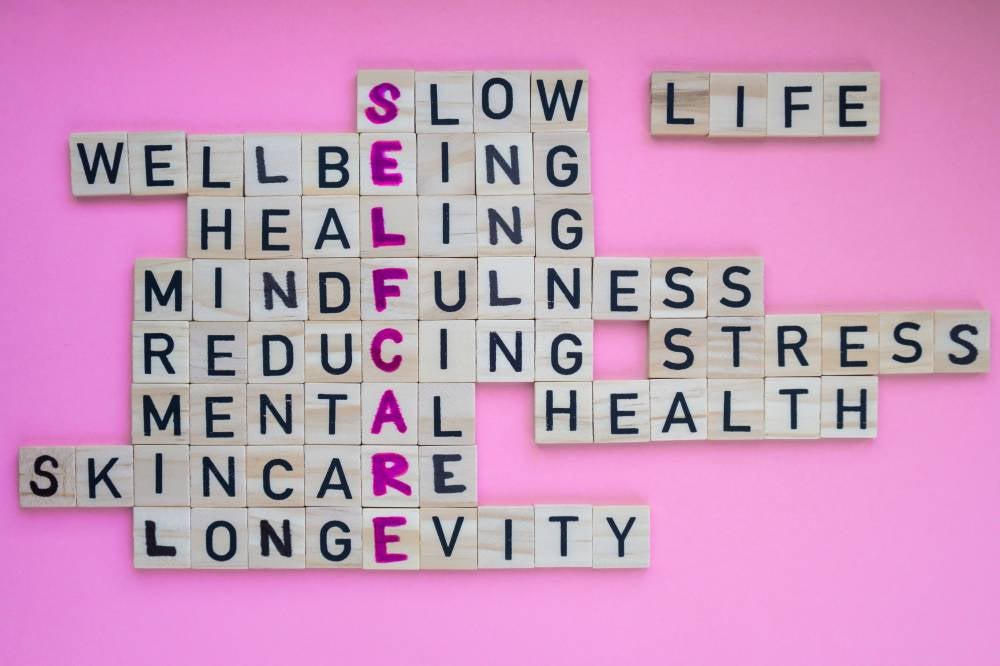Social media’s double-edged sword: Awareness vs normalisation of suicide – Experts
While social media raises awareness about mental health, it can also normalise harmful behaviours.

This is the third article in a five-part series on the issue of rising trend of suicide cases in Malaysia, where we speak to clinical psychologists to find out the reasons behind it and ways to cope. If you are feeling distressed, depressed or suicidal, help is available – speak to someone from Befrienders at 0376272929.
SHAH ALAM - The recent rise in suicide rates in Malaysia, particularly among Generation Z, may be linked to the desensitisation of mental health issues on social media, according to a psychologist.
Sultan Idris Education University psychologist Dr Fauziah Mohd Saad said that while social media raises awareness about mental health, it can also normalise harmful behaviours.
"When people casually express suicidal thoughts online, it might desensitise the gravity of such statements and contribute to a culture where mental health issues are not taken seriously," she said.
She said that the phenomenon would be more prevalent among people who were more engaged with social media which were Generation Z – born between 1997 to 2012 – whose mental health issues, including stress-induced suicides, are linked to their social media consumption.
Meanwhile, psychologist Dr Adnan Omar suggested that social media could be a useful tool for people when used the right way, where it could increase knowledge on mental health, along with the benefits of the usage of Artificial Intelligence (AI) and ChatGPT in information retrieval.
"The presence of social media makes it better because it can increase not only the quantity (volume) but also the speed of sharing and using of the related issues," he said, further highlighting the social media benefit of quick accessibility.
Despite that, Adnan, who is also the Malaysia Organisation of Psychospiritual Wellbeing deputy chairman addressed one of the limitations of social media where it ‘normalises’ human behaviours such as suicide that might not appear as attractive to certain groups of people such as that in Malaysia, without disregarding the possibility of Malaysian social media users being influenced.
"Due to global outreach, local norms and mores are challenged and become more confusing.
"For example, euthanasia or assisted suicide is legal in some countries (based on their own norms, laws and mores), but euthanasia is illegal and not suitable for some other countries.
"In a related issue, some suicides are live-streamed and shown in a more "acceptable" way that has a global outreach, thus creating an ‘attractiveness to suicide’," Adnan said
He also warned about the other dangerous side of social media, where too much influence by social media influencers promoting unrealistic lifestyles for glamour and popularity where being rich and famous was shown being done easily, could affect vulnerable individuals.
"Many vulnerable individuals may fully believe in these influencers and attempt to follow their ways," he said.
"Unfortunately, some may face frustration and serious failures which may lead to serious mental health issues such as depression and suicide," Adnan added.














